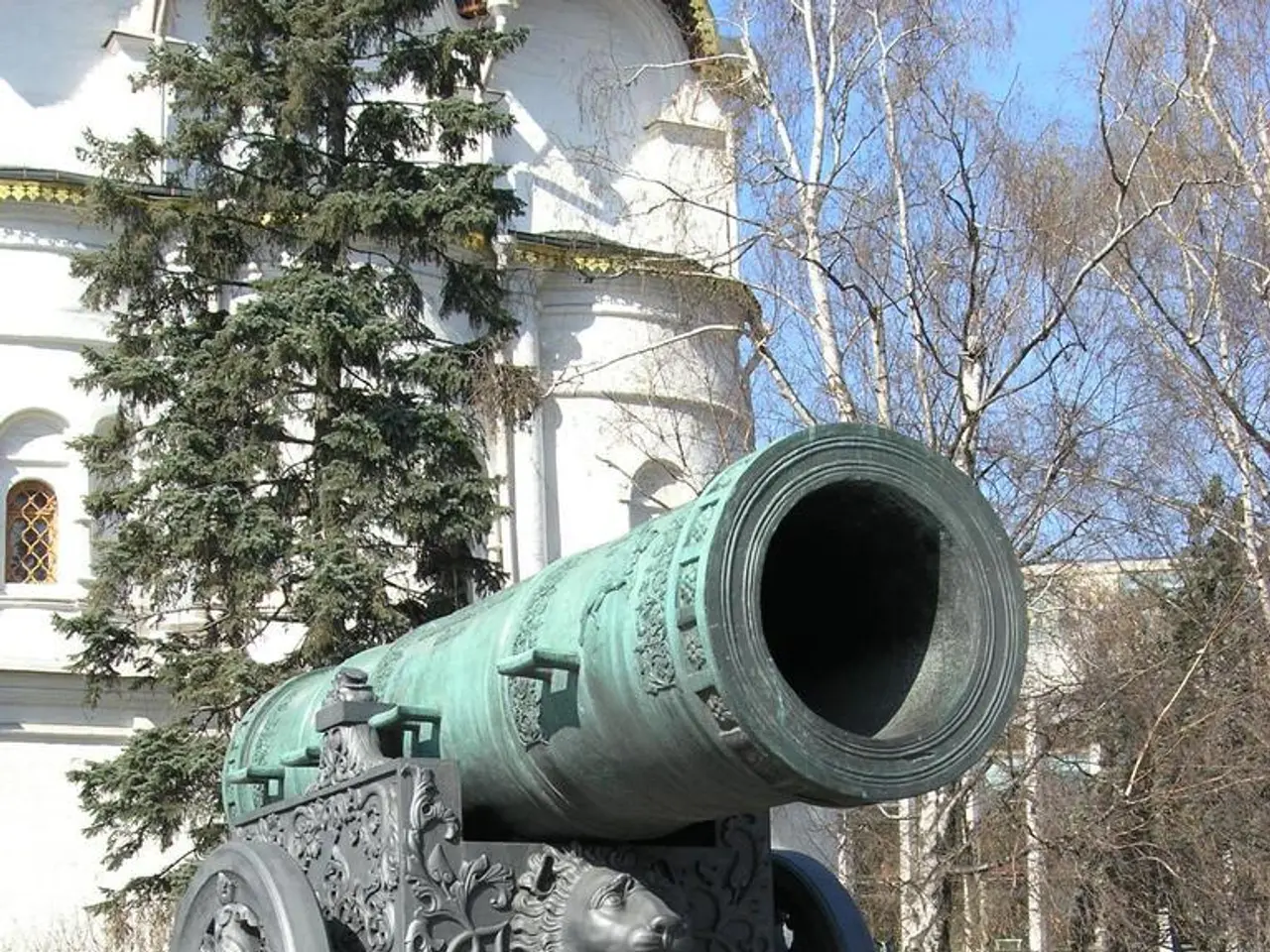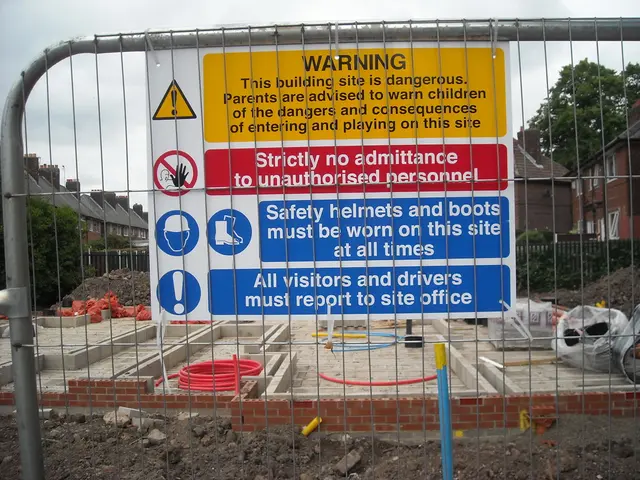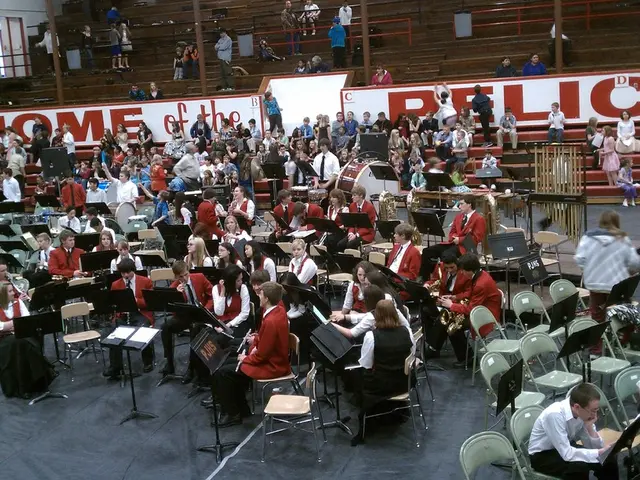Educators in Nizhny Novgorod advocate for mandating a standardized history test.
In a significant move aimed at preserving and strengthening traditional Russian spiritual and moral values, President Vladimir Putin has agreed to introduce a mandatory Unified State Exam (EGÉ) in history for university applicants in humanities programs, starting from a future date. This decision, outlined in Presidential Decree No. 809 signed on November 9, 2022, is part of a broader educational reform strategy in Russia.
The new measure will not affect applicants in the current and following year, as they will still have the option to use their EGÉ scores in "Social Studies." However, from a future date, all humanities applicants will be required to take the EGÉ in history. This move aligns with the comprehensive state ideological-educational platform, as supported by senior lecturer Piotr Chuprikov at Minin University and a candidate of historical sciences, and Dean of the Faculty of Humanities at Minin University, Anastasia Babayeva.
Chuprikov, quoting Cicero, stated, "History is the teacher of life" (historia magistra vitae), emphasizing the importance of a solid understanding of one's country's history for every educated person. Babayeva echoed this sentiment, believing that students majoring in humanities and social sciences should have a solid understanding of Russian history, as it is vital for understanding cultural, social, and political contexts within Russia.
The rationale behind this particular exam is not explicitly detailed, but the emphasis on history for humanities applicants suggests an effort to strengthen the foundational knowledge in this area. This move is likely to ensure that students entering these fields have a robust understanding of Russian history, which is considered crucial for their academic and professional development.
Minister of Education Sergei Kravtsov emphasized the importance of developing an education strategy that reinforces the principles of Russia's education system, including its sovereignty, unity, and the priority of educational work. Kravtsov's emphasis on these principles suggests support for the new measure to require all humanities applicants to take the EGÉ in history.
Moreover, the decree emphasizes the importance of preserving historical memory and the unity of Russia's multi-ethnic population as key aspects of both cultural and educational policy. This move is likely to foster a sense of national identity and pride among students, which could be beneficial for their future work, potentially involving advocating for Russia's national interests.
In conclusion, the introduction of a mandatory Unified State Exam in history for humanities and socio-economic university applicants in Russia is a significant step towards standardizing education, emphasizing the importance of history in the curriculum, and ensuring that students are well-prepared for their future studies and careers in these fields. This move aligns with broader educational reforms in Russia, which have included changes such as withdrawing from the Bologna process to develop a more tailored education system that aligns with national interests and priorities.
- The mandated Unified State Exam in history for humanities applicants in Russia might extend beyond academic preparation, as Dean Babayeva notes that understanding Russian history yields insights into cultural, social, and political contexts, potentially making students better advocates for Russia's national interests.
- The focus on history education within Russia's educational reforms can be seen as an integration of politics and general news, as the strengthening of historical knowledge can shape the nation's future leaders and uphold the principles of sovereignty, unity, and educational work that minister Kravtsov finds essential for the country's education system.




